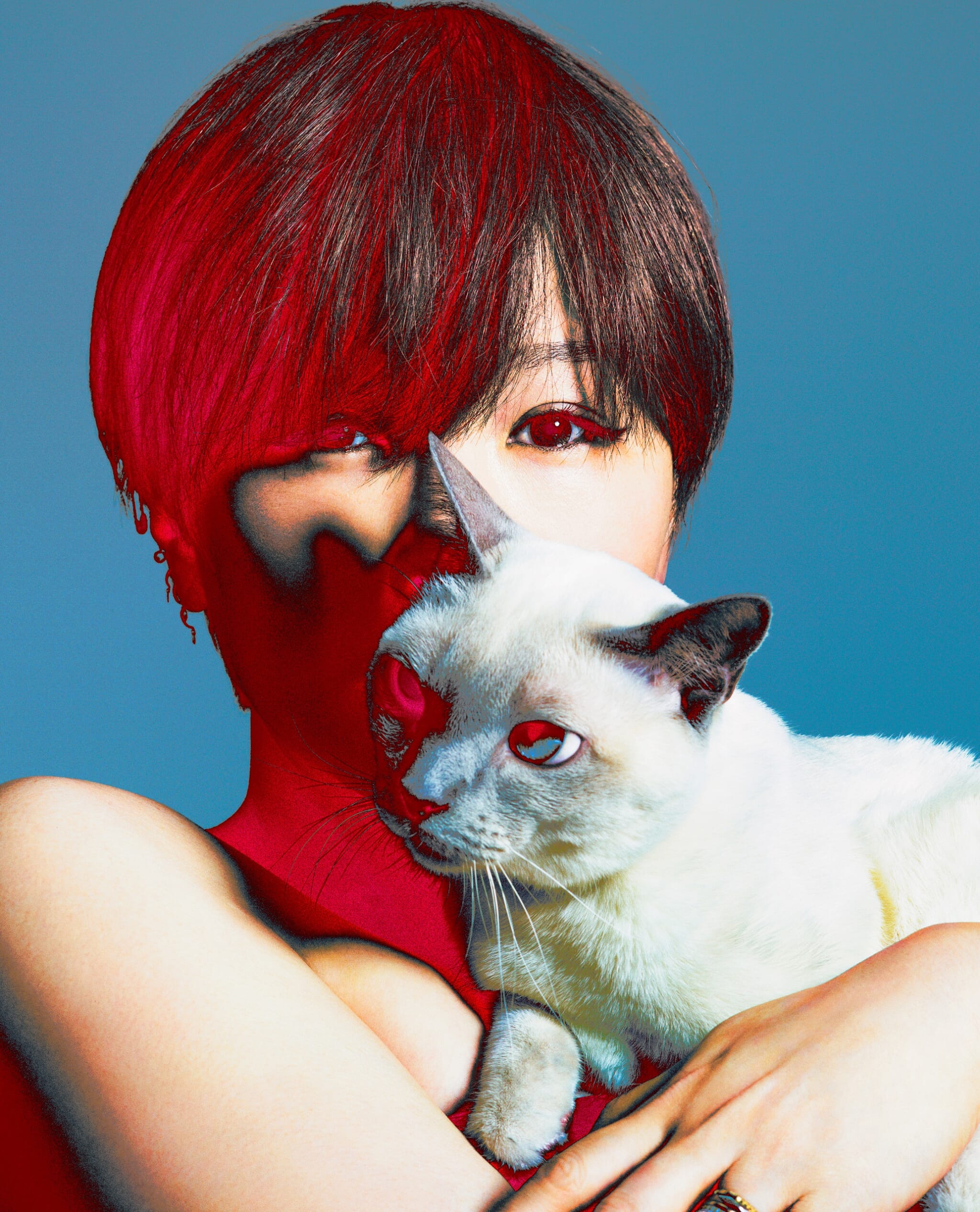Sheena Ringo, Japan’s answer to Kate Bush, has returned for the first time in five years, announcing a new album and an arena tour across Japan.
New Sheena Ringo Album and Tour
Ringo’s new album, 放生会 (Hojoya), is named after the Buddhist ceremony of releasing captive animals and is slated for release on May 29. Its tracklist boasts collaborations with some of Japan’s biggest names. Hikaru Utada, who came to prominence around the same time as Ringo herself, will feature on “Roman to Soroban.” Elsewhere, the 88rising-signed, four-piece Atarashii Gakko! join for “Doraichi Dokuso,” fresh after the group’s Coachella appearance. Pop singer AI steps up for “Seija no Koshin.”
The eclectic singer is also set to host her first arena tour in six years, covering ground from Fukuoka to Aomori, with four dates around the Kanto area. The tour will take place from October to December. Supporting artists are yet to be announced.
Interestingly, ticket prices are fixed for all shows at ¥13,200 (around $84). This is significant in contrast to other comparable artists; tickets for Hikaru Utada’s recent shows, for instance, went up to ¥27,500. Members of Ringo’s fan club will receive early access to tickets in June, followed by purchasers of her album in July and, finally, the general public in August.
About Sheena Ringo
Sheena Ringo burst into the Japanese mainstream with her third single “Koko De Kiss Shite,” a rocky pop track that featured the singer’s characteristic high-pitched vocals alongside an easy-to-sing chorus. Since her early success, the singer and musician has swerved from genre to genre, via both her solo career and successful band outing.
Regarded as the Japanese Kate Bush or Bjork, Ringo enjoys fans from both the pop sphere and also more underground scenes. The musician is both critically and widely acclaimed for her releases spanning genres from rock to pop and avant-garde.
As a singer unafraid to push boundaries and even run the risk of alienating her fanbase, Ringo is known for her outspoken feminist statements and disregard for the norm. She has objected to being sexualized by others and has taken a stand against it throughout her career, preferring to express things on her own terms. Lyrics of her single “Kabukicho no Joou” (“Queen of Kabukicho”) toyed with themes related to sex work, and her dalliances with S&M even played into her live shows, as she was known for brandishing whips alongside a megaphone.
She branched off from her solo career in 2004 with the announcement of her new band, Tokyo Jihen (translated as “Tokyo Incidents”). Tokyo Jihen was another commercial and critical success, selling over two million records before disbanding in 2012.
Ringo’s lyrics are predominantly in Japanese, which many considered a factor in her relatively low overseas success. Yet it has been over 25 years since her debut, and the world has changed. The success of non-English-language stars such as Bad Bunny and Rosalia may foreshadow a worldwide appreciation of Sheena Ringo.
Related Posts
- Hikaru Utada’s New Album and Live Tour Dates Announced
- A Complete Guide to 50 Years of Music in Tokyo (1970–2020)
- Top 10 Japanese Albums of the Decade (2010–2019)
Updated On May 28, 2024








